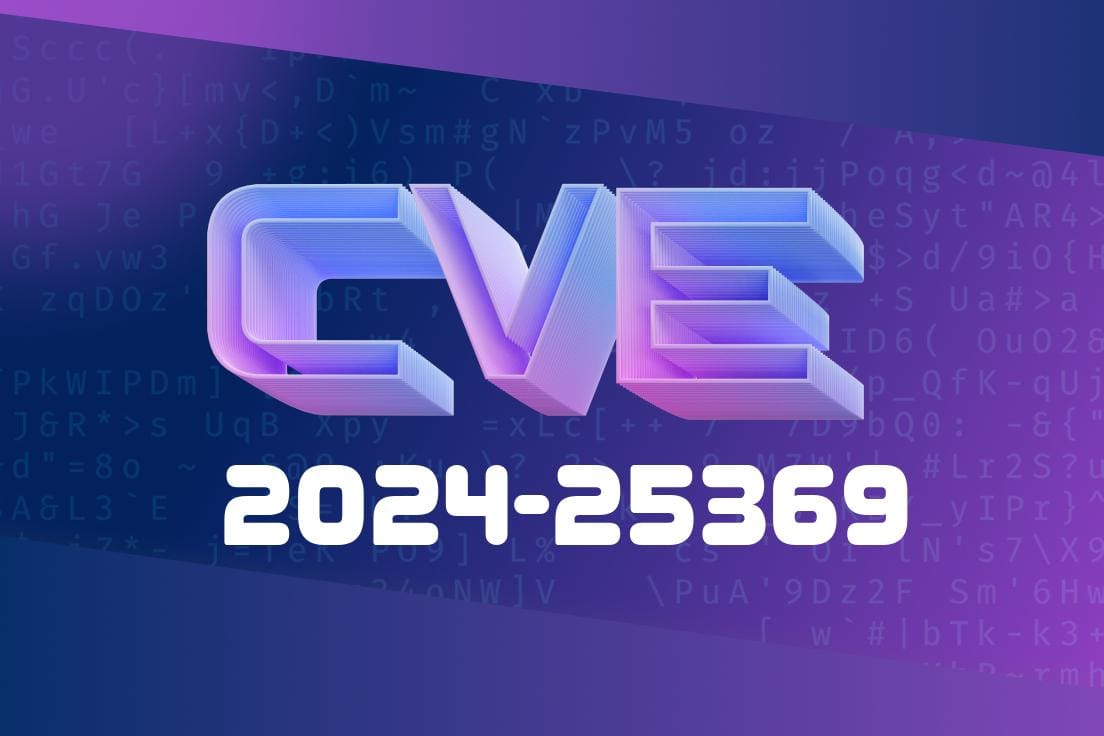FUEL CMS is a popular open-source content management system built on CodeIgniter. Like many content management systems, it occasionally faces security issues. One of the notable vulnerabilities discovered in version 1.5.2 is CVE-2024-25369: a reflected Cross-Site Scripting (XSS) flaw in handling the group_id parameter. In this post, I’ll break down what this vulnerability means, show you how it works with a code snippet, demonstrate an exploit, and provide references for more reading.
What is CVE-2024-25369?
CVE-2024-25369 is a reflected XSS vulnerability found in FUEL CMS version 1.5.2. This bug allows an attacker to inject and execute arbitrary JavaScript code in a user’s browser by sending a specifically crafted URL to an admin or other user.
The vulnerable parameter is group_id. When the CMS’s backend receives a request with this parameter, it fails to properly sanitize or filter out potentially dangerous input before reflecting it into the HTML sent back to the user. As a result, malicious scripts can run in the context of the targeted user’s browser session.
Reflected XSS: Quick Refresher
Reflected XSS means the attacker tricks the user into clicking a link that immediately causes the website to reflect (bounce back) the malicious payload in the response. This can steal session cookies, deface content, or perform actions as the victim.
In FUEL CMS 1.5.2, the vulnerable request is generally of the following pattern
http://example.com/fuel/users/edit/?group_id=[payload]
An attacker might construct a URL like this and lure a target into clicking it
http://example.com/fuel/users/edit/?group_id=%22%3E%3Cimg%20src%3Dx%20onerror%3Dalert('XSS')%3E
Decoded, the payload is
"><img src=x onerror=alert('XSS')>
If a logged-in user clicks this link, the vulnerable page renders the group_id value directly, so the injected <img> tag executes JavaScript (here, pops a JavaScript alert, but real attacks could steal cookies).
Vulnerable Code Snippet
While the exact location may vary, the issue generally manifests like this (simplified for demonstration):
// fuel/modules/fuel/controllers/Users.php
// Imagine this logic is somewhere in edit() method:
$group_id = $this->input->get('group_id'); // No sanitization!
echo "<input name='group_id' value='$group_id'>";
If $group_id contains something malicious, it’s reflected directly into the HTML, enabling the attack.
Common payloads
- <script>alert(1)</script>
"><img src=x onerror=alert(document.cookie)>
Depending on the attacker’s skill, the script could do much more, such as steal the user’s cookies, change content, or perform actions on behalf of the user.
Developers and site owners should sanitize input using built-in functions
echo "<input name='group_id' value='" . htmlentities($group_id, ENT_QUOTES, 'UTF-8') . "'>";
Or, better yet, always use prepared outputs and never trust user input.
Upgrade to a more secure version of FUEL CMS whenever possible.
References and More Reading
- FUEL CMS Official Download
- NVD Entry for CVE-2024-25369
- OWASP Cross Site Scripting (XSS)
- Exploit Database Search: FUEL CMS
Final Words
Cross-Site Scripting bugs like CVE-2024-25369 are still common and dangerous. If you use FUEL CMS version 1.5.2, patch or sanitize inputs right away. Always validate and encode user-supplied data to keep your users safe from XSS and other injection attacks.
Timeline
Published on: 02/22/2024 20:15:56 UTC
Last modified on: 11/12/2024 18:35:04 UTC
